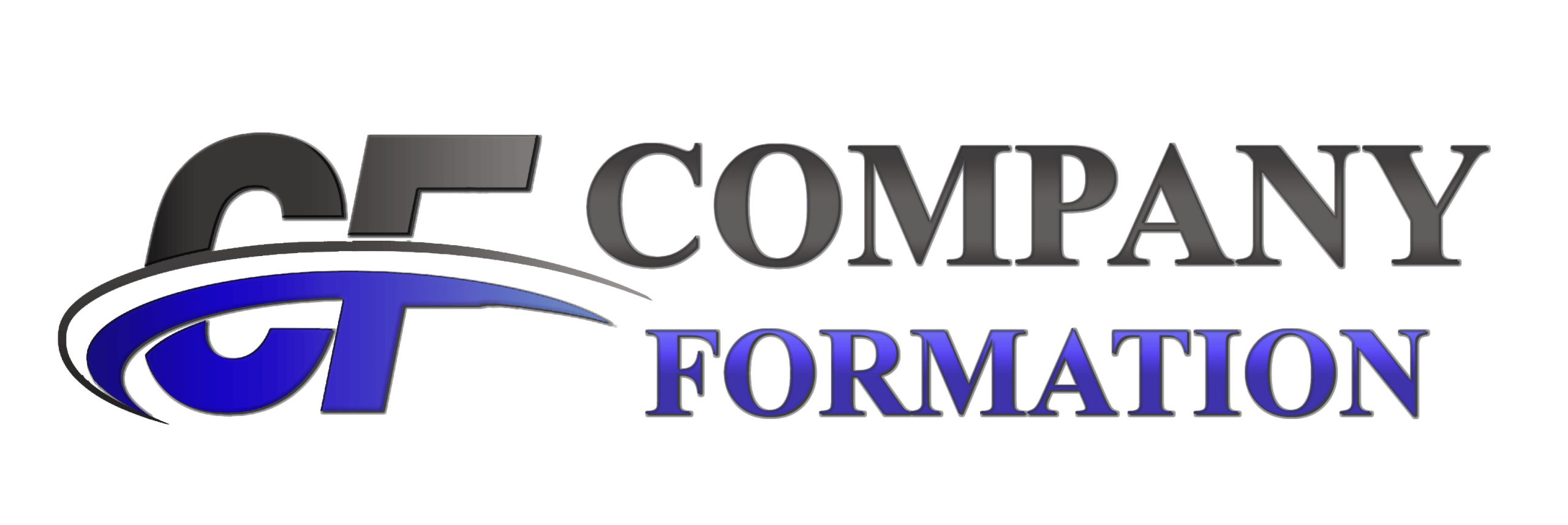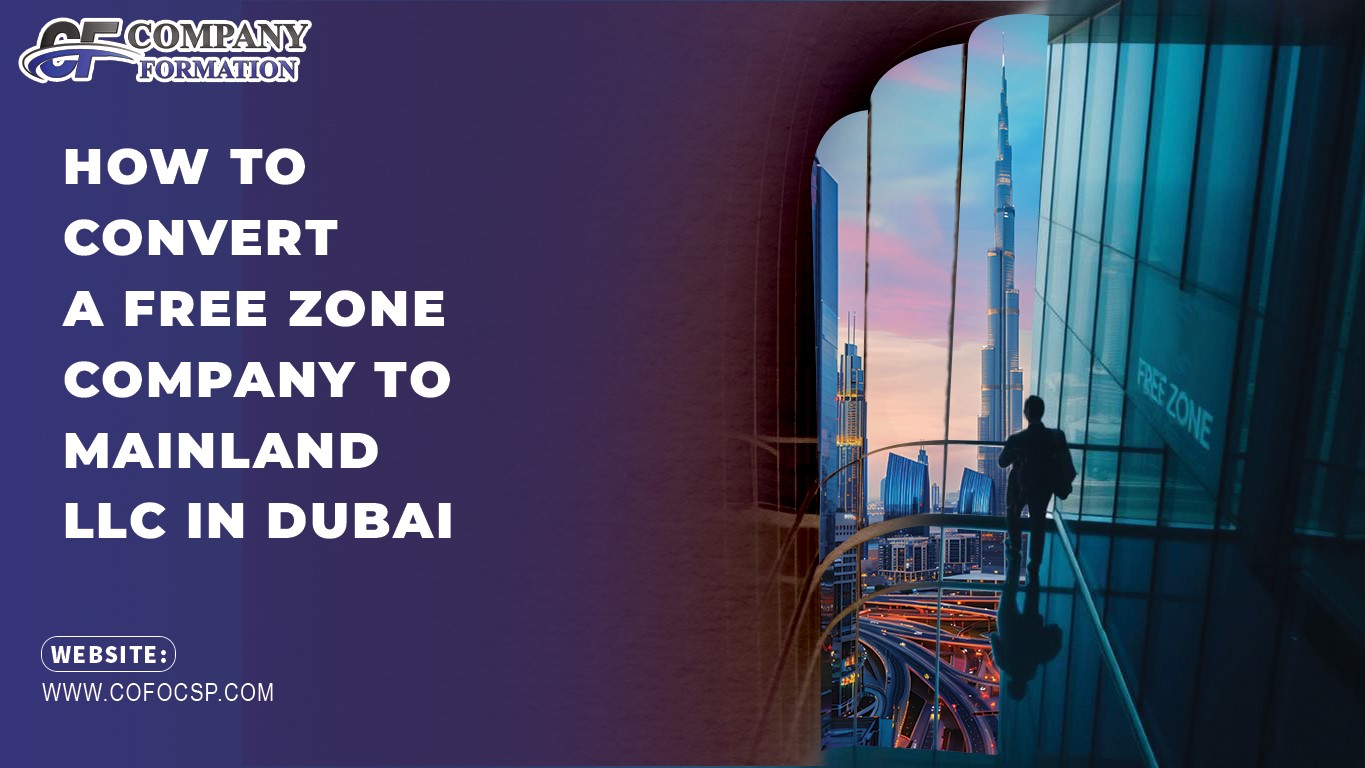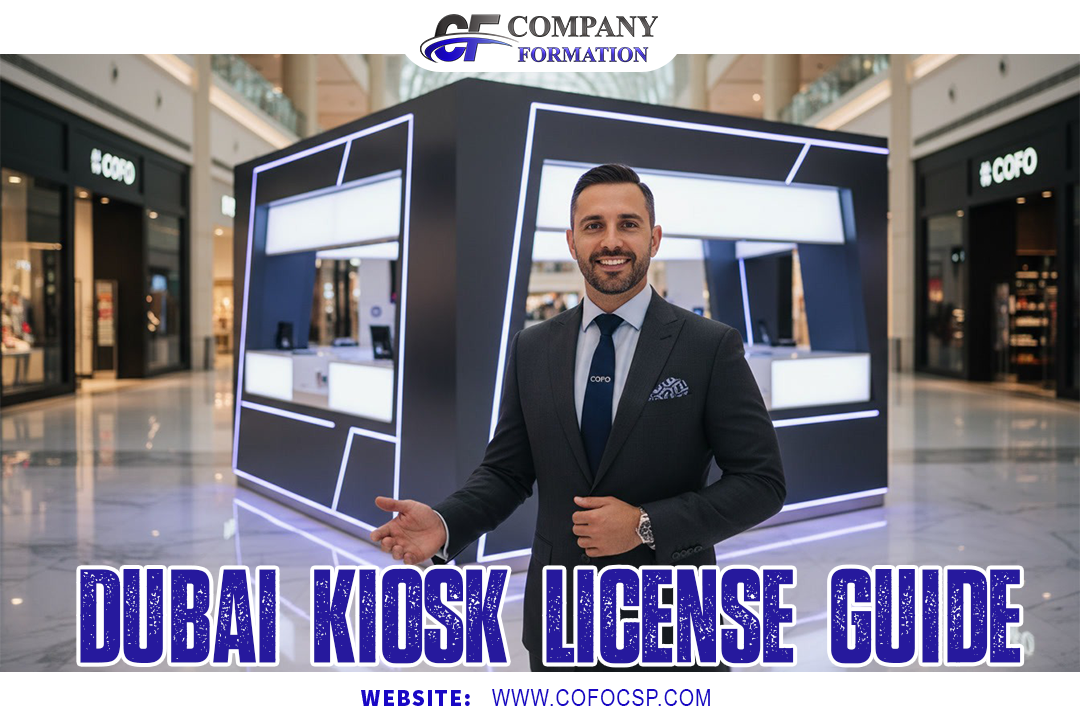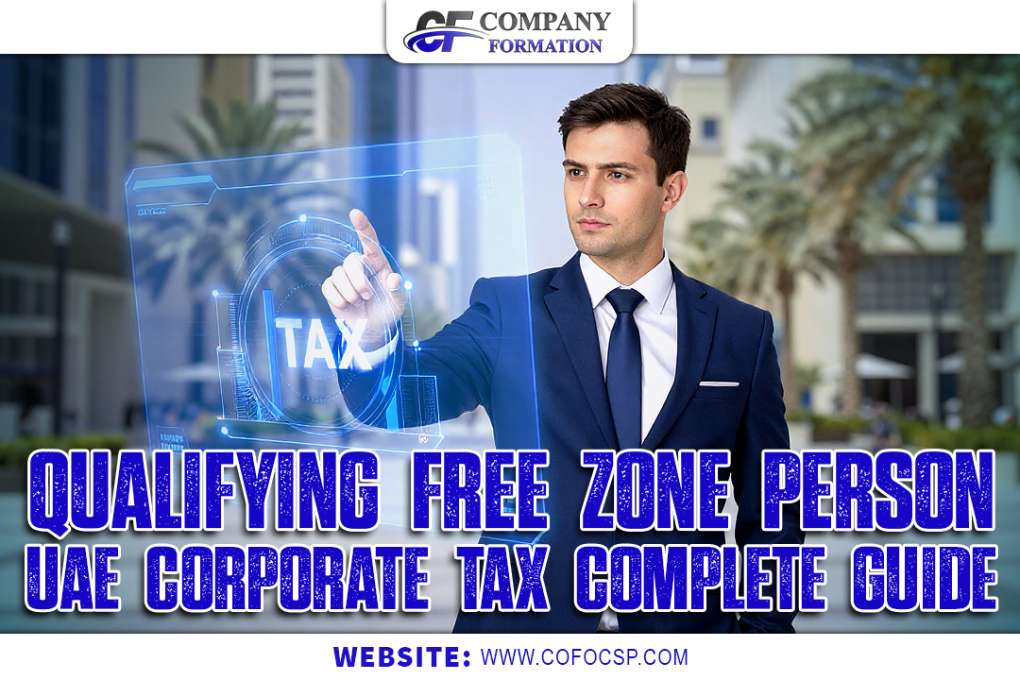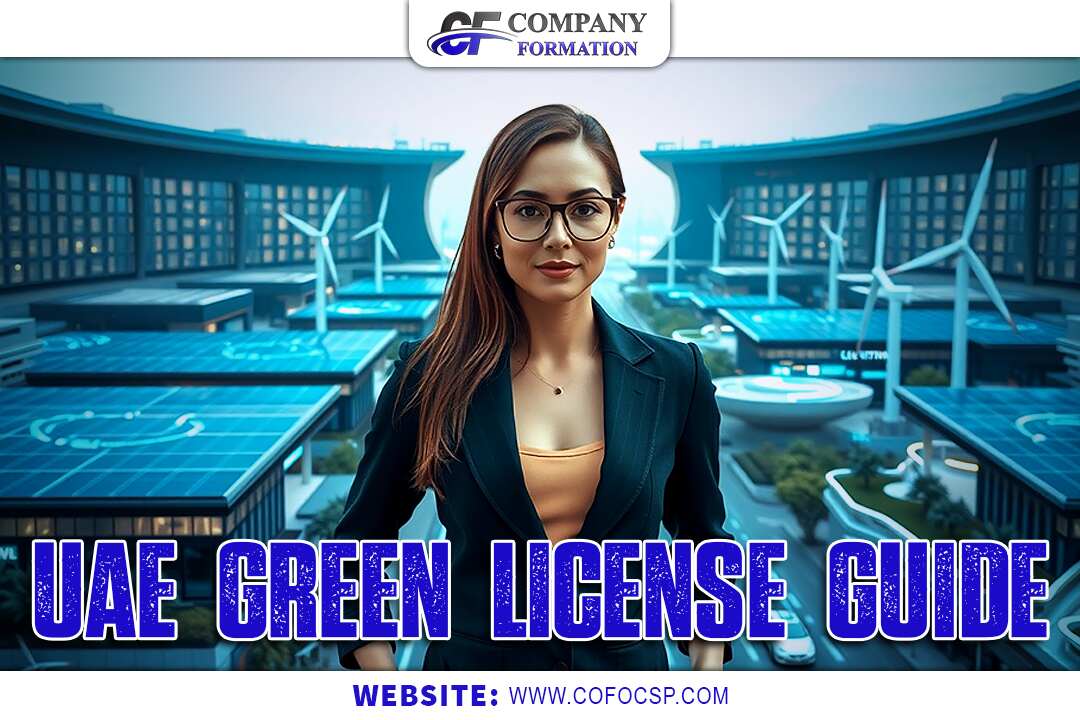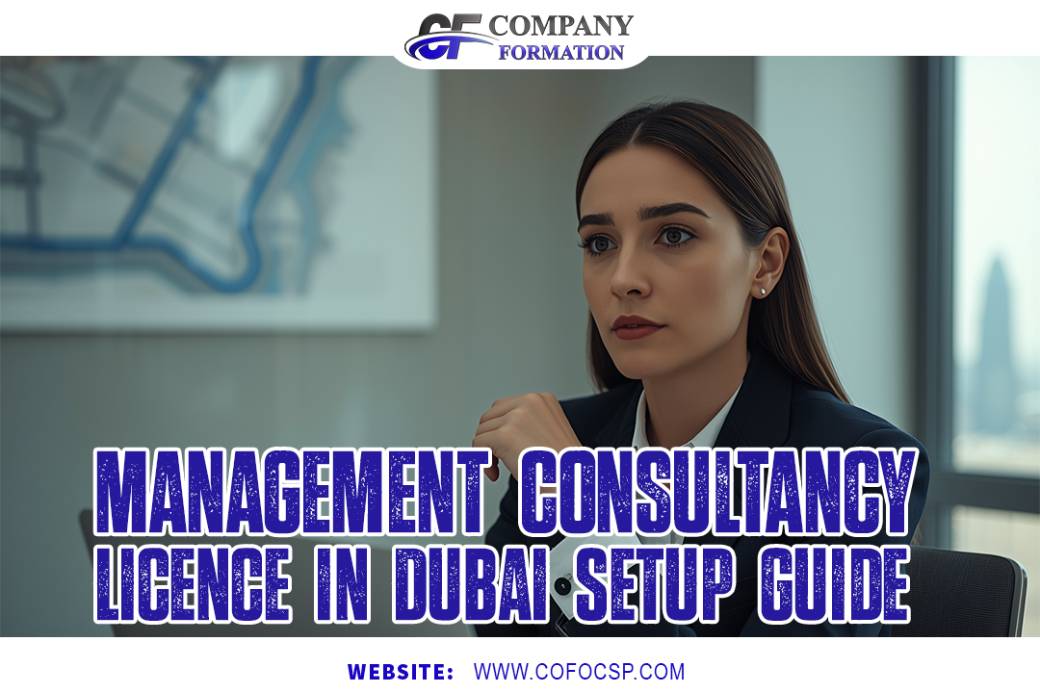Converting a Free Zone company to a Mainland Business in Dubai involves a well-structured process that requires legal compliance and proper documentation. Many businesses opt for this transition to access the broader UAE market, increase operational flexibility, and overcome limitations in the Free Zone. This guide walks you through the key steps, legal requirements, and costs involved in converting a Free Zone company into a Mainland Business in Dubai, making your business setup more versatile and beneficial in the long run.
How to Transfer a Free Zone Company to a Mainland Business in Dubai
Running a Free Zone company in UAE, expanding business into the Mainland may be a natural next step. But, the process of converting from a Free Zone company to Mainland Business involves several legal and operational changes. This guide breaks down everything you need to know about the transition.
Mainland Business allows businesses to operate outside the Free Zone and access a larger customer base within the UAE. Whether Business are located in Sharjah Free Zone, Fujairah Free Zone, or Meydan Free Zone, the transition to the Mainland opens doors to various business opportunities that are not available in Free Zones. This is why business setup in Dubai is an attractive option for many entrepreneurs.
Why Convert a Free Zone Company to a Mainland Business?
Launching your business operations from a Free Zone organization to the Mainland of the UAE represents a typical advancement for companies in the United Arab Emirates. To convert from a free zone company to a Mainland Business, you must complete multiple legal and operational changes. All essential information for the transformation process is explained in detail.
A Mainland Business enables companies to perform services outside Free Zones to attract a wider customer network in the UAE. The transition from the Sharjah Free Zone, Fujairah Free Zone, or Meydan Free Zone to Mainland business enables companies to seize multiple commercial chances that Free Zones typically exclude. Business setup in Dubai boundaries draws entrepreneurs because of its appealing nature.
What is a Free Zone Company?
The Free Zone company works in special economic areas. These areas let foreign investors have complete control of their businesses. Dubai Free Zone businesses, along with those in Ajman and SPC Free Zones, enjoy tax relief and easier import/export rules. Businesses set up in Free Zones face certain operational restrictions. Mainland Business conversions appeal to business owners because they allow market entry into new areas and open up more operational options. Business setup consultants in Dubai help companies move from Free Zones. They make this transition easier and provide valuable support.
What is a Mainland Business?
Mainland Business operates outside the Free Zone borders. It has licenses from the Department of Economic Development (DED) in Dubai or local authorities in other UAE emirates. Mainland businesses can operate freely throughout the UAE and engage in foreign market transactions.
Starting a Mainland Business has a significant advantage. It helps firms win government contracts and reach more clients, giving companies a strong reason to grow their operations. Dubai is the top choice for entrepreneurs who want to tap into the UAE market by starting a business.
Steps for Converting a Free Zone Company to Mainland Business
Step 1: Understand the Legal Requirements
Before starting the process, know the legal steps for changing Free Zone businesses to Mainland Business. Businesses moving from Free Zones to the Mainland must follow UAE rules, paying attention to the conversion structure and licensing processes.
You will need to:
- Dissolve the Free Zone license.
- Start the process of getting your new mainland license from the DED authority.
- You must meet local sponsor conditions to keep 51% of company shares in specific sectors.
Business setup consultants in Dubai can help avoid legal compliance issues.
Step 2: Prepare Your Business Structure
When forming an LLC on the Mainland, after running as a Free Zone business, check your business structure. A Dubai-based LLC allows ownership from two to fifty people while its owners remain protected up to their share value.
- Review your current ownership structure. Due to local sponsorship rules, foreign ownership of 100% of a Free Zone entity must change during the Mainland transition.
- Create the main components of the Memorandum of Association (MOA) for your future Mainland Business.
Business Setup in UAE needs careful thought. This choice shapes how your business operates and how it can grow.
Step 3: Obtain a No Objection Certificate (NOC)
Getting the No Objection Certificate (NOC) from the Free Zone authority is the next step before moving to a Mainland Business. To end a Free Zone license, you need a No Objection Certificate. This certificate starts your Mainland license application.
- The Free Zone authority gives a No Objection Certificate to accept your business transfer from the Free Zone to the Mainland.
Step 4: Apply for a Mainland License
Next, you need to file your application for a Mainland business license. Do this through the Department of Economic Development (DED) after you get the NOC. This application will require:
- Your new company name has to adhere to Department of Economic Development requirements.
- Describe your future business activities based on your planned operations.
- Your MOA and passport documents must be submitted as documentation copies for the application.
Proper guidance makes a smooth business setup in Dubai possible. Talk to experts early to avoid license delays for your Mainland business.
Step 5: Register Your Business with the DED
A Mainland license application needs to be followed by DED business registration. This step includes:
- Your office space needs to meet the requirements of the local Ejari system within Dubai, so you should sign a tenancy agreement.
Step 6: Fulfill Office Space and Compliance Requirements
The UAE requires all Mainland businesses to have a physical office. Unlike free zones, which may allow virtual offices, mainland companies must have a physical office to comply with the law.
- Make sure your office space follows local rules. This includes Ejari registration, which shows your office lease is valid.
Step 7: Transfer Visas and Bank Accounts
Finally, you’ll need to:
- Cancel your Free Zone employee visas and reissue them under your new Mainland company.
- Open a Mainland corporate bank account (if applicable) to manage finances under the new business structure.
Costs Involved in the Conversion Process
The costs associated with converting a Free Zone company to a Mainland Business can vary depending on several factors, including:
- License fees with the DED.
- Office rental and Ejari registration.
- Local sponsorship fees (if applicable).
- Visa cancellation and issuance costs.
Work with business setup consultants in Dubai. They can help you estimate costs and avoid hidden fees during conversion.
Benefits of Converting from Free Zone to Mainland
- Wider Market Access: A Mainland Business lets you grow your business across the whole UAE market, including government contracts.
- More Flexibility: Mainland businesses can do more and grow their operations without worrying about the limits set by Free Zones.
- Increased Credibility: Being a Mainland company may improve your business’s reputation and credibility in the eyes of customers and potential partners.
Challenges You Might Face
While the conversion process offers many benefits, there are also challenges:
- Higher operational costs: Renting office space on the Mainland can be more expensive than in Free Zones.
- Need for a local sponsor: You’ll often need to find a local sponsor to hold 51% of the business.
- Time-consuming: The conversion process may take a while. This depends on specific needs and bureaucratic steps.
FAQS
1. What is the primary value of converting my Free Zone company to a Mainland Business in Dubai?
The primary value lies in gaining unrestricted market access. A Free Zone company, while benefiting from attributes like 100% foreign ownership and easier import/export rules, is operationally restricted to its specific economic zone and international trade. By converting to a Mainland Business, your business is licensed directly by the Department of Economic Development (DED). This provides the valuable attribute of being able to trade freely anywhere within the UAE market, establish multiple branches, and directly bid on lucrative government contracts, significantly enhancing your company’s credibility and growth potential.
2. Do I lose 100% ownership when converting to a Mainland Business by needing a local sponsor?
This is a common concern, but the rules have evolved. While historically, many business activities required a local sponsor (an Emirati national or a 100% Emirati-owned company) holding 51% of the shares, this is no longer mandatory for most sectors. For over 1,000 commercial and industrial activities, the UAE now permits 100% foreign ownership for a Mainland Business. The key attribute here is that you can retain full control of your business while gaining mainland access. However, for certain strategic sectors, the 51% local sponsor requirement still applies. A business setup consultant can provide value by verifying the specific ownership rules for your business activity.
3. What are the essential legal steps and documents, like the NOC, involved in the conversion process?
The conversion is a structured legal process. The first step is to get initial approval from the Department of Economic Development (DED) for the new Mainland Business Crucially, you must then obtain a No Objection Certificate (NOC) from your current Free Zone authority; this document is a key attribute of the process as it confirms the free zone’s consent to your company’s dissolution and move. Following this, you will draft and notarize a new Memorandum of Association (MOA) for the mainland entity and formally submit your application to the DED to secure your new Mainland license. The value of this process is that it ensures a legally compliant transition from one jurisdiction to another.
4. What are the main costs I should budget for when converting from a Free Zone to a Mainland company?
The total cost has several components. Key expenses include one-time DED license fees, which vary based on your business activity and legal structure. You will also have costs for obtaining the No Objection Certificate (NOC) from your Free Zone. A significant recurring cost is the mandatory physical office space on the mainland, which must be registered through the Ejari system. Other costs to budget for include fees for cancelling existing employee visas under the Free Zone and reissuing them under the new Mainland Business, as well as potential fees for business setup consultants. The value in understanding these costs upfront is preventing budget overruns during the transition.
5. Besides the license, what are the immediate operational changes I must manage, like visas and office space?
Once the Mainland license is issued by the DED, you must manage several immediate operational changes. The most critical attribute of a mainland company is the requirement for a physical office; unlike some free zones that allow virtual offices, a mainland entity must have a registered tenancy contract (Ejari). Consequently, all employee visas sponsored by the old Free Zone company must be cancelled and re-issued under the new Mainland Business. You will also need to open a new corporate bank account for the mainland entity. The value of planning for these logistical steps is ensuring a smooth continuation of business operations without interruption.
Conclusion
Converting a Free Zone company to a Mainland Business in Dubai offers significant opportunities for growth, market expansion, and increased access to business activities. To smoothly make this change, follow the steps above. Also, get help from business setup consultants in Dubai. This way, you can tap into the UAE’s booming business scene.
Despite the challenges and costs, many businesses see long-term benefits. Operating across the entire UAE market and beyond is a smart move.
